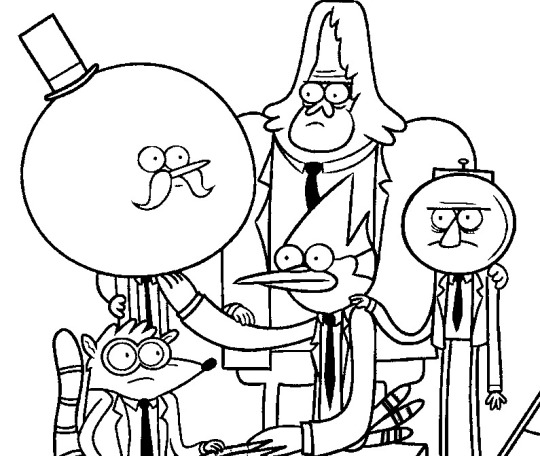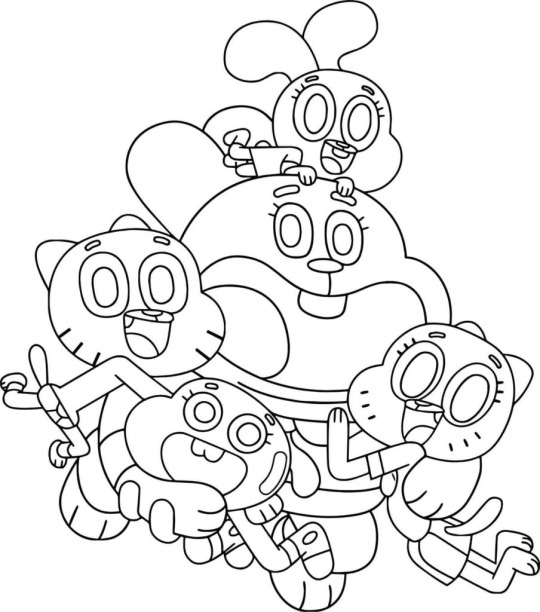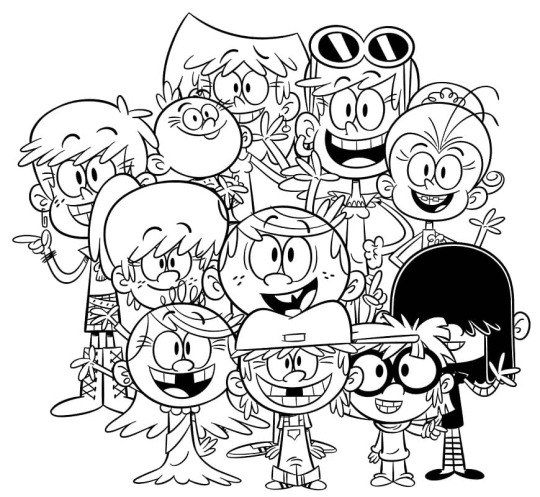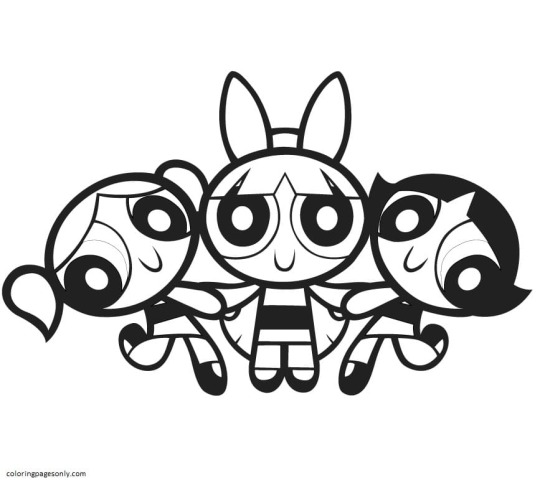#barney the dinosaur agere
Explore tagged Tumblr posts
Text









puppet shows i loved when i was bodily little ^w^

#agere#age regression#button moon#button moon agere#bits and bobs#bits and bobs agere#cbeebies#milkshake#get squiggling#get squiggling agere#the tweenies#the tweenies agere#fimbles#fimbles agere#in the night garden#in the night garden agere#sooty and sweep#sooty and sweep agere#barney the dinosaur#barney and friends#barney the dinosaur agere#barney#postman pat#postman pat agere
16 notes
·
View notes
Text




📚 Interior of Baby Bop’s school 📚



#age regression#sfw agere#agere#age regressor#sfw age regression#agere blog#age dreaming#agere community#Barney and friends#Barney the dinosaur#Barney agere#the set designers of Barney did an amazing job /pos
66 notes
·
View notes
Text

#the lyons group#1993#Barney#wintertime#sticker sheet#agere shows#cartoons#purple dinosaur#1990s#barney is a dinosaur from our imagination
40 notes
·
View notes
Text


Barney and Santa are friends!
#barney#barney and friends#barney the dinosaur#kidcore#agere#age regression#babycore#toddlercore#christmascore#christmas
26 notes
·
View notes
Text










coloring pages! theme: tv shows! (part 3)
thank youu coloringpagesonly !
last part! I'm gonna do some of theez :3
#images#coloring pages#age regression#agere#little space#gravity falls#powerpuff girls#miffy the rabbit#the loud house#the amazing world of gumball#barney the dinosaur#star vs the forces of evil#adventure time#regular show#invader zim
340 notes
·
View notes
Text


Barney’s having some trouble with the decorations!
#barney#barney the dinosaur#comfort character#age regression#agere#babycore#toddlercore#christmas#christmascore#flashing lights#barney and friends#mine 🐇
17 notes
·
View notes
Text
barney the dinosaur stimboard ♢










div. ✩ sfw interactions only
🪻 ✩ 🦖 ✩ 🪁 | 🦖 ✩ 🪻 ✩ 🌱 | 🪁 ✩ 🌱 ✩ 🪻
#paws#rêver#pawboard#cw blade#tw blade#tagging as pet(d)re bc i am pet(d)re#stimboard#barney the dinosaur#barney and friends#agere#sfw agere#age regression#age regressor#agedre#sfw agedre#age dreaming#age dreamer#petre#sfw petre#pet regression#pet regressor#petdre#sfw petdre#pet dreaming#pet dreamer#visual stim#purple stim#green stim
39 notes
·
View notes
Text


Barney & Friends lollipop rattle [🦖]
#finds#gear#barney the dinosaur#barney and friends#babycore#sfw age regression#sfw agere#agere#age dreaming#agedre
14 notes
·
View notes
Text





#princess babbles#sfw agere#sfw age regression#sfw agedre#sfw age dreamer#sfw interaction only#barney the dinosaur#clifford the big red dog#nostalgiacore#kidcore#2000s kid#early 2000s#vhs tapes#peach creations!
22 notes
·
View notes
Text
The Barney song is so catchy. I can’t help but sway everytime.
2 notes
·
View notes
Text

The design Im gonna print for the shirt. It's not perfecr but I'm still proud of it
3 notes
·
View notes
Text

stimmy barney ...
(watermarked to my main!! dont worry. this isnt stolen)
14 notes
·
View notes
Text
Get you a caregiver who gets you the plushies you never got when you were an actual kid 🥹🩷 my Daddy got me this Franklin plush today. I love my Daddy so much. 🥹😭🩷


#plushies#age regressor#agere little#sfw regression#sfw blog#agere positivity#sfw little blog#baby#sfw agere#babyre#vintage#barney the dinosaur#daddy’s babygirl
13 notes
·
View notes
Text

He loves you
You love him
Your a happy family
With a great big hug
And a kiss from him to you
Won't you say you love him too?
💜🦖💜
#history#barney#tv shows#sheryl leach#kathy parker#tv history#james ruth conner#concept art#babyhood#united states#baby history#little space#kidcore#agere#1980s#american history#tyrannosaurus rex#purple#toddlercore#babygirl#diaper furry#little space community#dinosaur#childhood#the backyard show#babycore#barney and friends#nickys facts
6 notes
·
View notes
Photo

[id: a white userbox with a pastel purple border and pastel purple text that reads “this user loves barney”. on the left is an image of barny the dinosaur with yellow stars surrounding him. /end id]
#barney the dinosaur#barney#softcore#soft aesthetic#soft userboxes#soft userbox#soft#pastel aesthetic#pastel userbox#pastel userboxes#pastelcore#pastel#cute aesthetic#cutecore#cute userboxes#cute userbox#cute#userbox#userboxes#agere aesthetic#agere#age regressor#age regression#age regressive#age dreamer#age dreaming#agedre aesthetic#agedre
131 notes
·
View notes
Text
I had a weird dream about a Barney's episode I watched as a kid. Something to do with nap time and a bubble machine? Maybe mac and cheese was mentioned too. Does anyone remember this or am I going crazy.
#barney the dinosaur#agere sfw#agere blog#agere lifestyle#agere#agerespace#sfw agere#age regressor#babycore#kidcore#age dreamer#text
11 notes
·
View notes